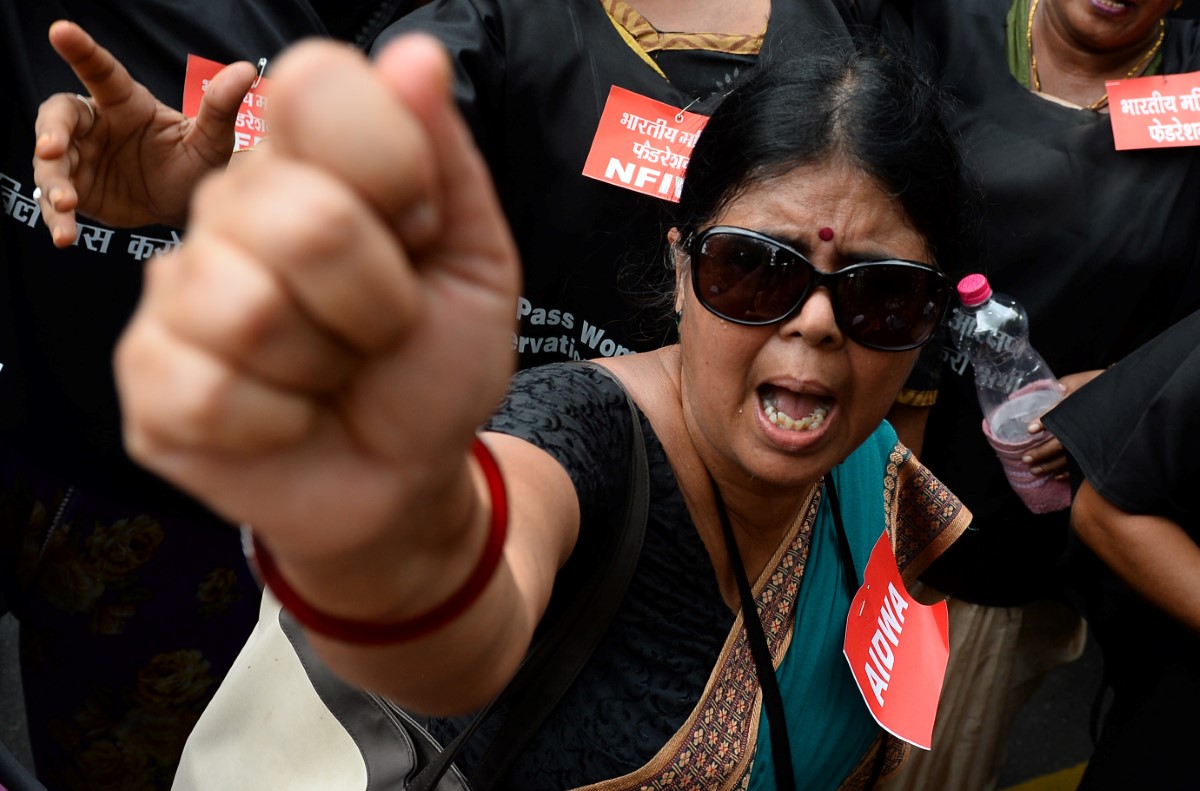U.N. Women has lauded India’s recent passage of the Women’s Reservation Bill, describing it as a groundbreaking moment for gender equality, particularly in terms of women’s political leadership.
The bill, approved on September 18, signifies the country’s “commitment to women-led development”, a cause it championed during its G20 Presidency this year, according to the U.N. body.
Susan Ferguson, the Country Representative of U.N. Women India, hailed this development as a “bold” and “transformative” step towards women’s sustained empowerment.
“We hope political parties across the board will come together to ensure timely implementation of the Bill given that gender quotas in policies and politics are crucial to advancing gender equality and women’s rights,” she said.
She said the passage of the bill “set a global example,” adding that it is a victory for gender equality advocates across the globe.
The Women’s Reservation Bill seeks to reserve 33 percent of seats in the Lok Sabha (House of the People) and State Legislative Assemblies for women.
India already reserves one-third of seats for women in Panchayati Raj Institutions at the village level and one-third of the offices of the chairperson at all levels of the Panchayati Raj Institutions, as well as in urban local bodies.
Only 26.7 percent of parliamentary seats are currently given to women while 35.5 percent of local government positions.
“This quota reserving 33 percent of seats for women will propel India into the league of 64 countries worldwide that have already reserved seats for women in their national Parliaments,” she said.
“Typically, achieving a critical mass of 30 percent representation by women in Parliament is known to yield positive outcomes for women’s empowerment,” she said.
Ferguson expressed hopes that the recent development “will ultimately lead to achieving 50 percent representation of women in Parliaments across the globe”.
Six earlier attempts to pass the bill stalled in the decades since it was first introduced in 1996, with sometimes vehement resistance from lawmakers.
Mulayam Singh Yadav, at the time the chief minister of India’s most populous state, suggested in 2010 that the bill should not be passed because it would compel men to wolf-whistle at their female colleagues in parliament.
